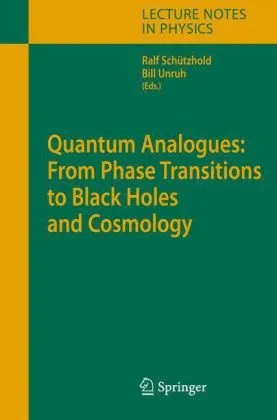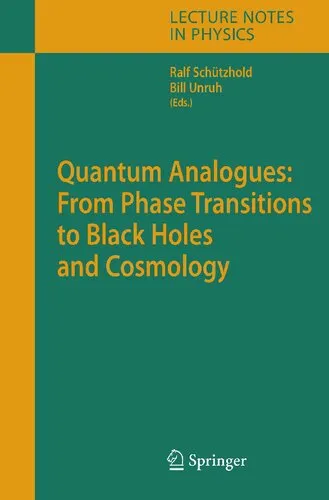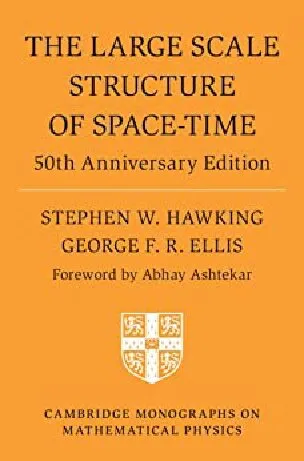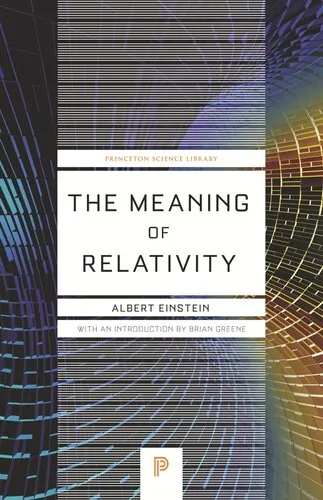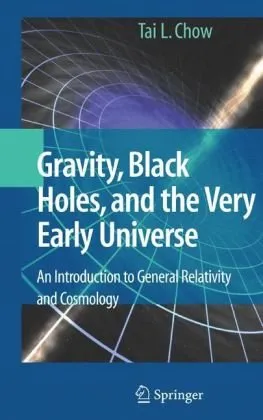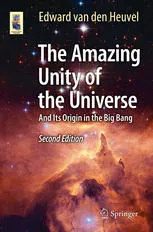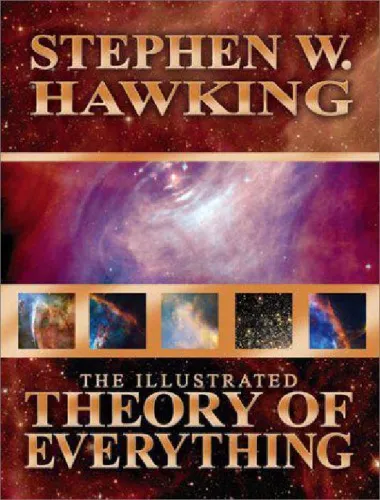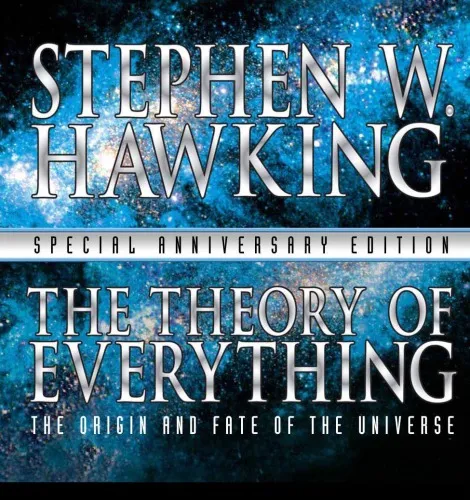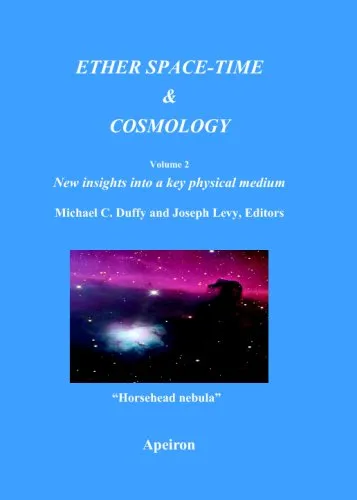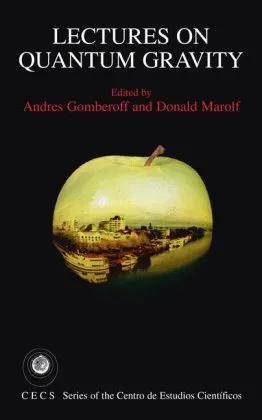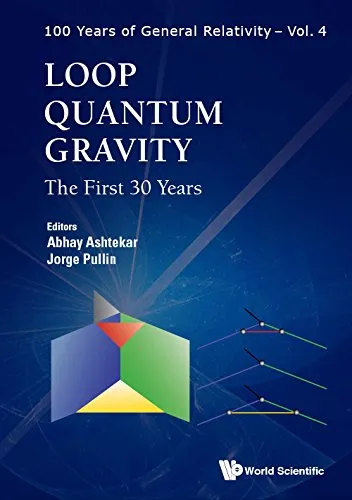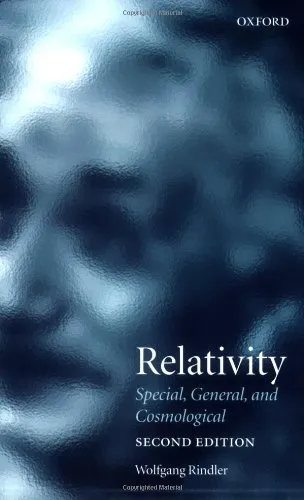Quantum Analogues: From Phase Transitions to Black Holes and Cosmology (Lecture Notes in Physics)
4.2
Reviews from our users

You Can Ask your questions from this book's AI after Login
Each download or ask from book AI costs 2 points. To earn more free points, please visit the Points Guide Page and complete some valuable actions.Related Refrences:
Welcome to the enriching journey of 'Quantum Analogues: From Phase Transitions to Black Holes and Cosmology', a compelling exploration of the interconnectedness of quantum mechanics with the cosmos and the enigmas of black holes. Authored by William Unruh and Ralf Schützhold, this book is an essential read for those interested in understanding the universe through the lens of quantum physics and cosmological phenomena. Here, we provide a detailed introduction to the book that encapsulates its core themes and significance.
Detailed Summary of the Book
The book begins with an intriguing premise: the parallels between quantum mechanics and cosmological observations. It explores how phenomena such as phase transitions in quantum fields can serve as analogues for larger, cosmological processes. The authors guide readers through fascinating topics, from fluid dynamics mimicking black hole horizons to condensed matter systems reflecting aspects of the early universe.
‘Quantum Analogues’ is divided into several thematic sections, each addressing a different aspect of these analogies. The initial chapters acquaint readers with foundational concepts, while subsequent sections delve deeper into complex ideas such as emergent properties in field theories and the role of quantum fluctuations in cosmology. Through meticulous explanations, Unruh and Schützhold enable readers to grasp how these analogies between small scale quantum reality and the vast universe can lead to breakthrough scientific insights.
Key Takeaways
- The concept of using quantum analogues to bridge the gap between micro and macro scales, transforming theoretical physics into a unified field.
- Understanding phase transitions as a fundamental principle that not only governs quantum physics but extends to explain phenomena such as black holes and cosmological events.
- The importance of interdisciplinary approaches that blend physics, mathematics, and cosmology to unravel the mysteries of the universe.
- The pioneering methodologies employed to simulate cosmic phenomena in laboratory settings, which pave new paths for experimental physicists.
Famous Quotes from the Book
"In the dance of the very small, we find the echoes of the very large, as quantum fields whisper the stories of the universe and its origins."
"The essence of the cosmos might be hidden in those tiny vibrations that we call quantum fluctuations, the stardust composing both atoms and galaxies alike."
"By understanding the analogies between quantum mechanics and general relativity, we touch upon the elegance and simplicity underlying nature's complexity."
Why This Book Matters
'Quantum Analogues' stands out for its innovative exploration of how quantum mechanical systems can be used to probe the secrets of the universe. This book is particularly important because it encourages a shift in thinking towards a more connected understanding of physics. The authors propose groundbreaking ideas that challenge traditional divides between disciplines, thus fostering a holistic comprehension of physical laws.
The book is significant not only for academics but also for curious minds who wish to expand their understanding of the universe. With its accessible yet profound content, 'Quantum Analogues' empowers readers to appreciate the harmony and unity present within nature’s framework. It emphasizes the relevance of quantum mechanics beyond the microscopic, advocating for a broader scope where quantum phenomena can shed light on cosmological mysteries.
Free Direct Download
You Can Download this book after Login
Accessing books through legal platforms and public libraries not only supports the rights of authors and publishers but also contributes to the sustainability of reading culture. Before downloading, please take a moment to consider these options.
Find this book on other platforms:
WorldCat helps you find books in libraries worldwide.
See ratings, reviews, and discussions on Goodreads.
Find and buy rare or used books on AbeBooks.
1427
بازدید4.2
امتیاز0
نظر98%
رضایتReviews:
4.2
Based on 0 users review
Questions & Answers
Ask questions about this book or help others by answering
No questions yet. Be the first to ask!
